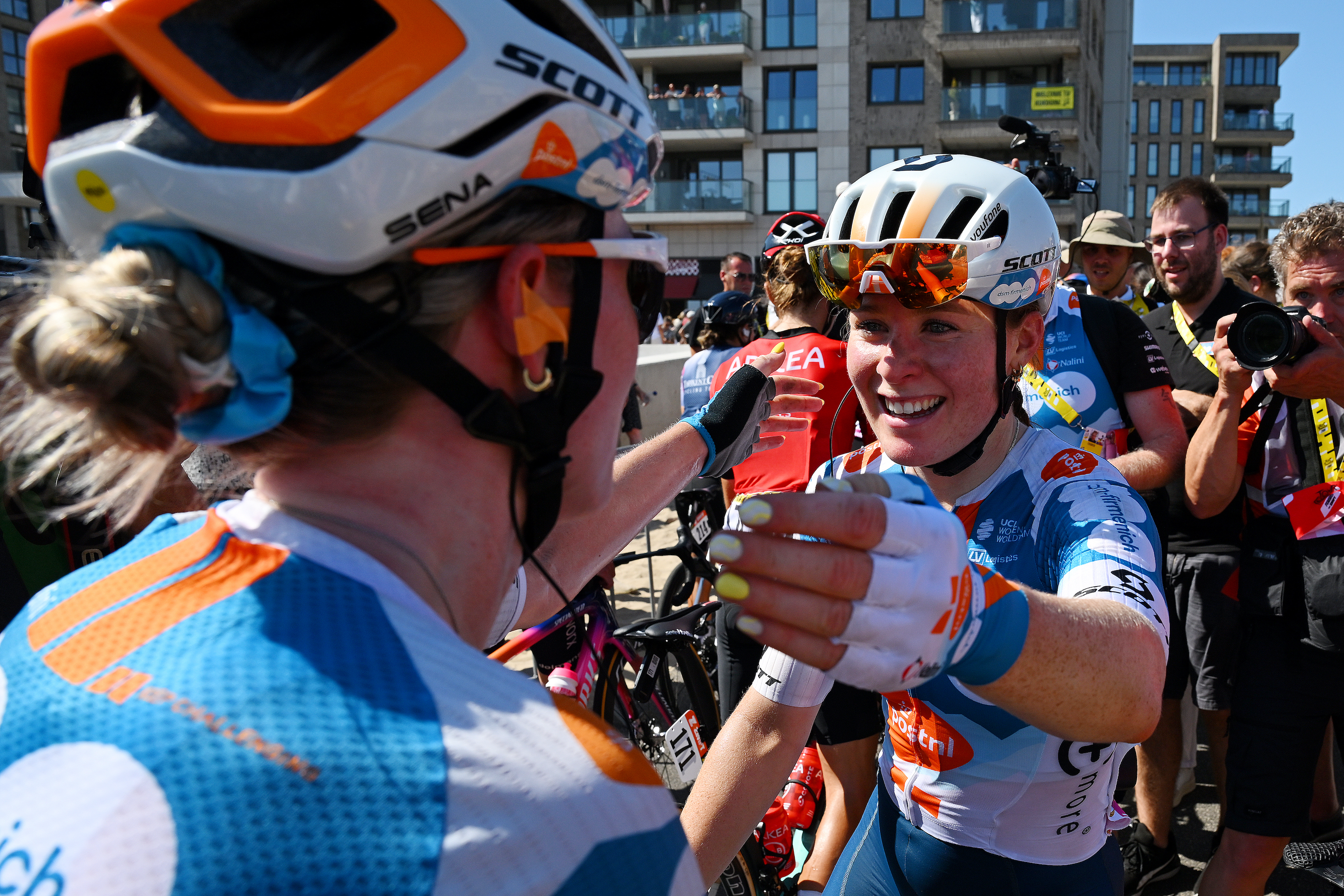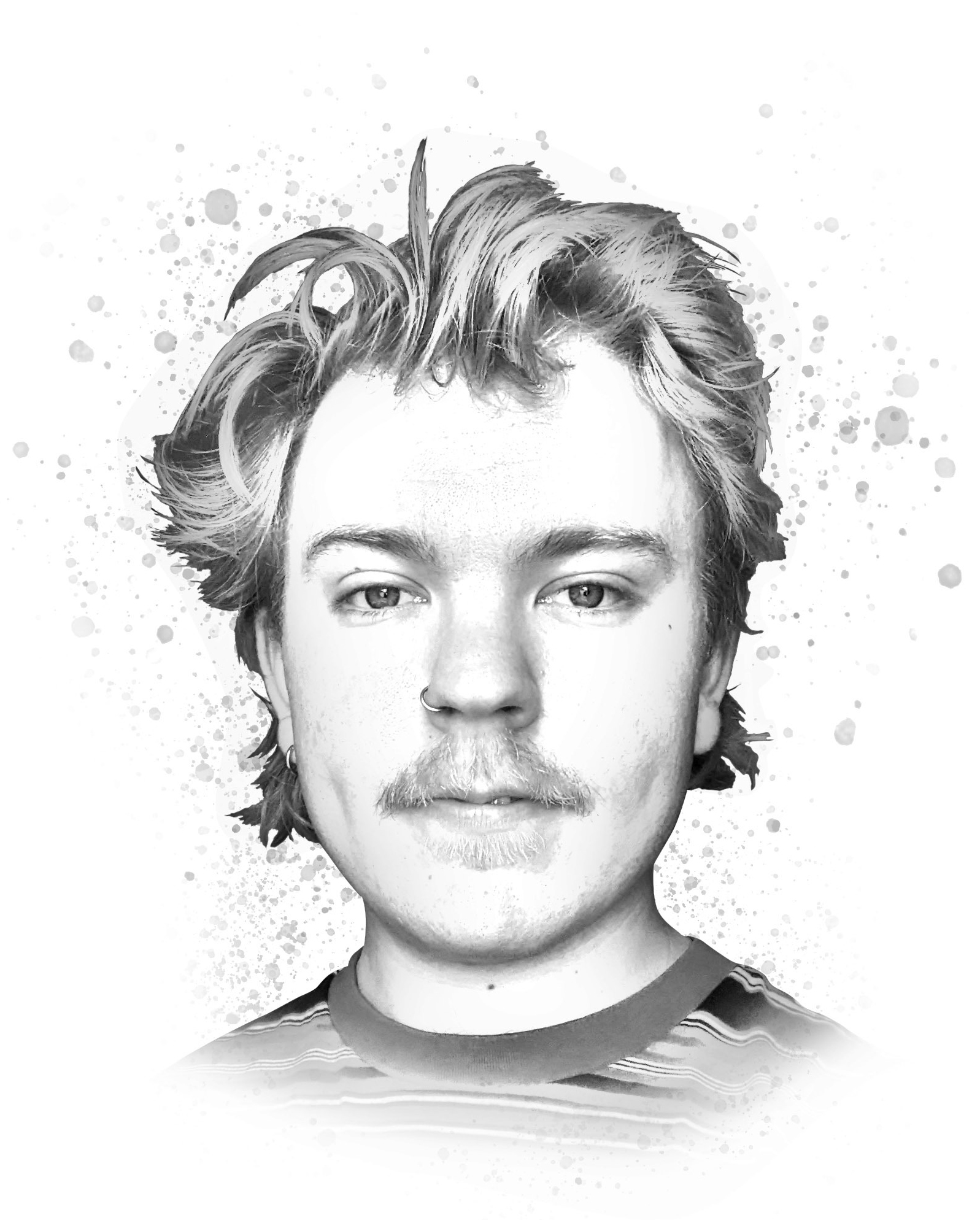Equal salaries between men and women at dsm-firmenich PostNL are a positive step, but there’s more to be done
Equal minimum salaries are a milestone for our sport, however those further down the pyramid are the ones that need help


The latest race content, interviews, features, reviews and expert buying guides, direct to your inbox!
You are now subscribed
Your newsletter sign-up was successful

News editor at Cycling Weekly, Adam brings his weekly opinion on the goings on at the upper echelons of our sport. This piece is part of The Leadout, a newsletter series from Cycling Weekly and Cyclingnews. To get this in your inbox, subscribe here. As ever, email adam.becket@futurenet.com - should you wish to add anything, or suggest a topic.
Dsm-firmenich PostNL have had rather a big week. The Dutch team have won the first two stages of the Tour de France Femmes avec Zwift - held in the Netherlands - through Charlotte Kool. Following their victory on stage one of the men’s Tour de France through Romain Bardet, it has been a happy hunting ground for both their men’s and women’s teams this year.
However, there was an even more interesting bit of news concerning the two squads under the same umbrella this week: from 2025, both dsm’s men’s and women’s WorldTour programmes will use the same minimum wage.
Numerically, it’s not the biggest financial jump in the world - the Women’s WorldTour minimum salary for employed riders for 2025 is €38,000 while the men’s WorldTour equivalent salary is €44,150. €6,000 is a lot, granted, but that’s not the most significant part.
That is the fact that equality has entered cycling’s highest echelon. It feels big.
The team’s head of finance and operations, Marloes Poelman, said that it was a “logical step”.
“There is still a way to go for women’s elite racing as a whole to professionalise and reach true equality,” she said. “We must consider important aspects such as improving safety standards, the economic model underpinning this professional sport, TV coverage, accommodation of team personnel and facilities at races, and modernising the global cycling calendar for men and women’s events to better coincide and complement one another; to name a few examples. These are all steps that we hope to see in the upcoming years and that we will play our part in to help progress.
“Giving athletes the same opportunities and access to the same resources is something that we have always believed in.”
The latest race content, interviews, features, reviews and expert buying guides, direct to your inbox!
Obviously, this only affects those on minimum wage, but it might be a big jump for some female athletes, and allows for security, and for riders to make a living from the sport of cycling, something that has only become a reality in the last decade for most. There’s no reason a team like dsm-firmenich PostNL shouldn’t remunerate its riders on a more equitable basis.
This is good news for the maximum 20 riders who will ride for dsm’s women’s team in 2025, but the sport still has a long way to go to reach any proper form of sustainability or equity for female riders. As Demi Vollering was rumoured to have been offered a €1 million contract for next year, riders not at the Tour de France Femmes winner’s level are paid a fraction of that, or nothing at all.
Continental teams - of which there are seven at the Tour this year - have no obligation to pay a minimum salary. The introduction of a ProTour level in women’s cycling and a minimum wage will go some way to rectifying this, but there are still areas of the sport where it is a matter of public record that riders are barely semi-professional. 27% per cent of riders who responded to The Cyclists’ Alliance 2024 survey from non-WorldTour teams received no salary, and a majority received less than €10,000 a year. The most common reason for a non-WT cyclist to leave the sport was financial.
The day-to-day of Continental teams is also very hand-to-mouth. Partly as a direct result of not gaining an invitation to this year’s Tour, British squad Lifeplus-Wahoo are to be no more from next year. It is not sustainable for many outfits at this level.
Dsm’s act should be praised, even if it is simply good PR. However, much more work needs to be done to make women’s cycling sustainable for all, and to allow more to make a living from it.
This piece is part of The Leadout, the offering of newsletters from Cycling Weekly and Cyclingnews. To get this in your inbox, subscribe here.
If you want to get in touch with Adam, email adam.becket@futurenet.com.

Adam is Cycling Weekly’s news editor – his greatest love is road racing but as long as he is cycling, he's happy. Before joining CW in 2021 he spent two years writing for Procycling. He's usually out and about on the roads of Bristol and its surrounds.
Before cycling took over his professional life, he covered ecclesiastical matters at the world’s largest Anglican newspaper and politics at Business Insider. Don't ask how that is related to riding bikes.